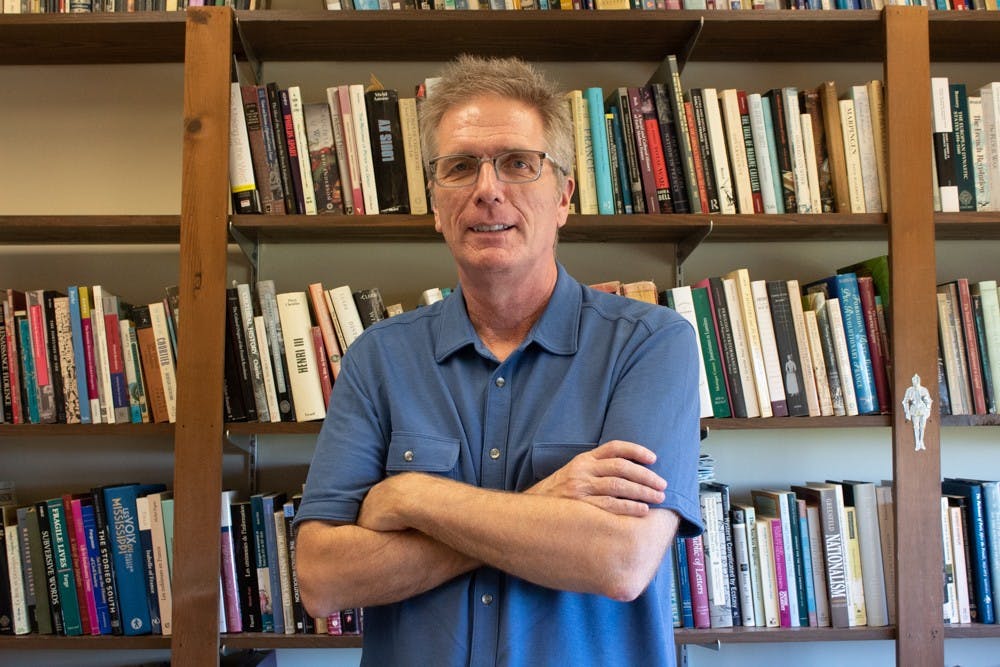Jay Smith, a published writer and history professor at UNC, spoke with C-SPAN last week to discuss the University academic-athletic scandal, which came to a close 2017. Smith’s C-SPAN interview will air on Jan. 18 to 19 as part of a special feature on Chapel Hill focusing on the literary life and history of the town.
In 2015 Jay Smith released "Cheated," a book he co-authored with Mary Willingham that chronicles the 2010 academic scandal that marred Tar Heel athletics' reputation. A revised and expanded edition of the book, including a new epilogue, will be officially published Nov. 1, according to Smith.
"We wanted to be able to go back to the book, first published in March 2015, and finish the story of the UNC scandal and its aftermath," Smith said in an email interview.
Sports have long been an important part of UNC's culture, Smith said. When the academic scandal was uncovered nearly 10 years ago, it was a shock to many.
“I think we all convinced ourselves that a scandal of this kind could not happen at UNC,” Smith said, working as a history professor when the scandal arose. "It was a difficult time."
In "Cheated," Smith and Willingham explain the extent of fraud in UNC’s athletic department, noting that administrators and faculty allowed it occur. In the book, Willingham and Smith make the argument that student-athletes were victims of the fraud, cheated out of a full college education.
Smith said he and Willingham thought the book would be the only opportunity to compile a full chronicle of what happened at the University and make clear the scandal's magnitude.
The scandal began in the summer of 2010 when a former UNC defensive lineman, Marvin Austin, posted a tweet alluding to receiving bottle service at a Miami club. The NCAA opened an investigation to determine if UNC athletes were receiving impermissible benefits.
“Many revelations unspooled from that body-blow and by the end of that summer. It was clear there was a major academic scandal here,” said Smith.




